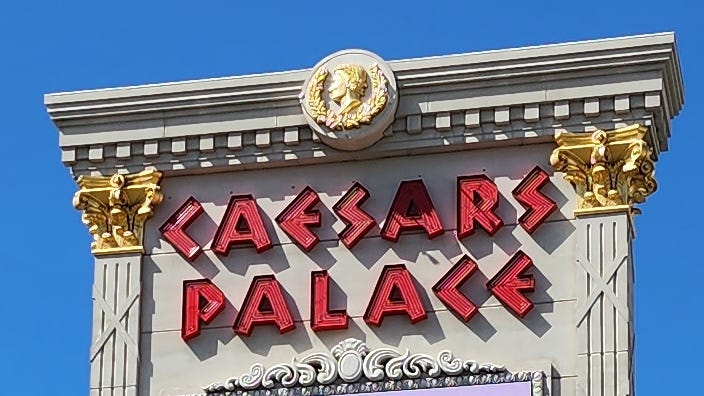Pursuing happiness
On tourist destinations, undeniable rights, and the pursuit of happiness
Before the United States of America had any laws to itself, it asserted "life, liberty, and the pursuit of happiness" as inalienable rights. The first two are fairly obvious to anyone who gives them fair consideration. But the third, the right to pursue happiness, says something important about the nature of the country.
■ The Declaration doesn't ensure a right to happiness itself, but only a right to pursue happiness. Happiness takes different forms for different people, and framing the right as something chosen by the individual is an important distinction: Nobody is guaranteed to be happy, but everyone is assured of their liberty to make the choices necessary to go after whatever happiness means to them.
■ It is no surprise that Las Vegas, Nevada, is one of the top ten destinations in the US for foreign tourists. It has become a city defined by the mass simultaneous pursuit of happiness in all of its forms, a libertarian setting for adults visiting "America's playground". It has really no distinguishing attractions other than its reputation for the freedom to pursue fun.
■ Strange, then, that the right to pursue happiness isn't duplicated in the same way anywhere else. There are other entertainment-fueled cities, but none quite so free to leave all those choices to the visitor. And the popularity of Las Vegas as a destination for people around the world ought to serve as a testament to just how natural a right that pursuit of happiness really is. America only enshrined something that is already natural to the human disposition.
A lot more fun when it’s fake than what life was actually like under Caesar



